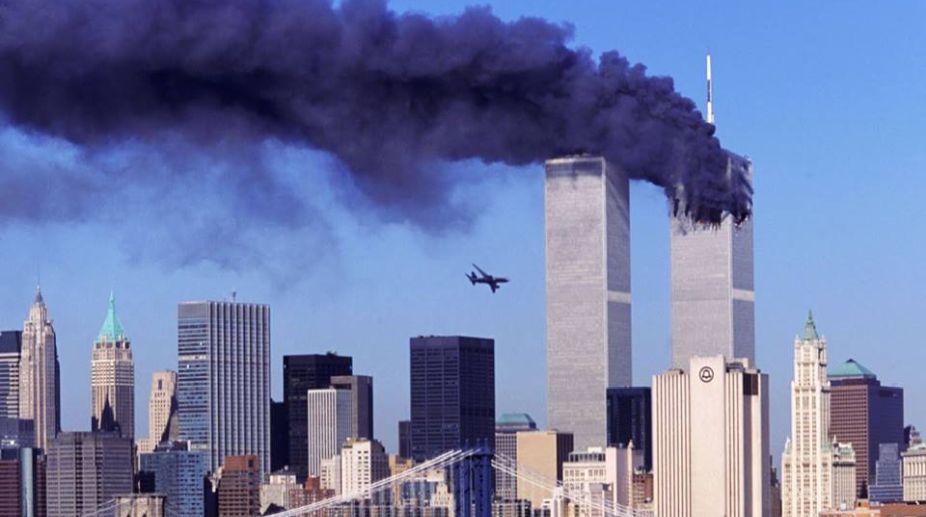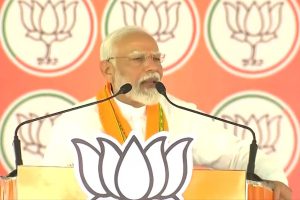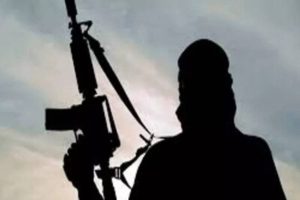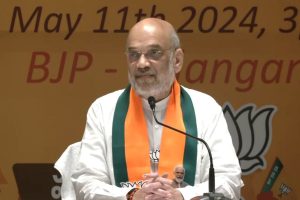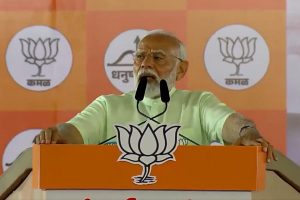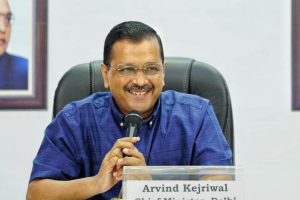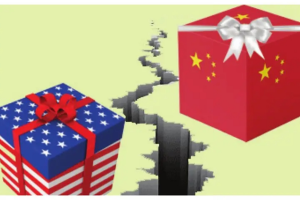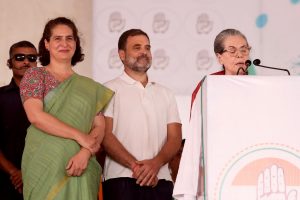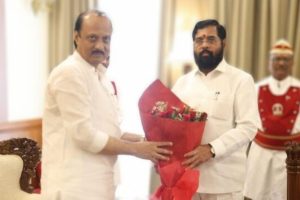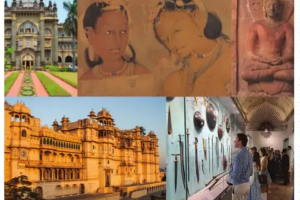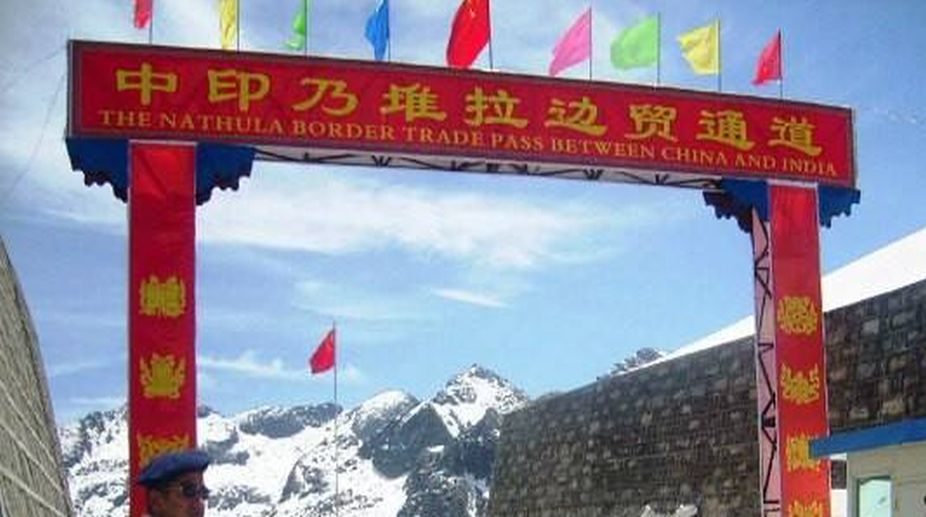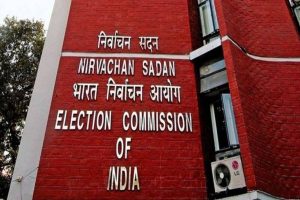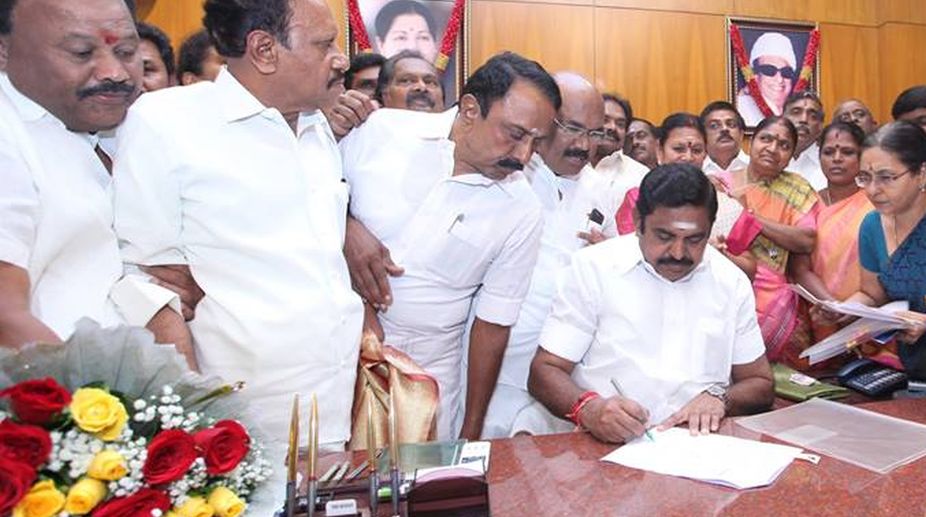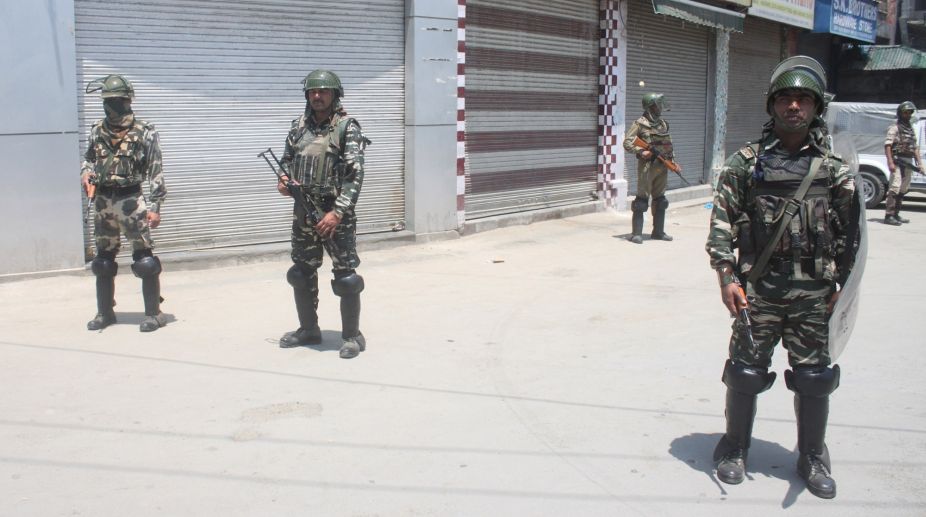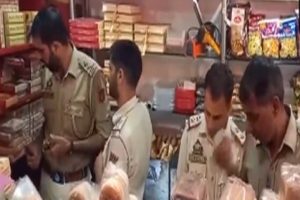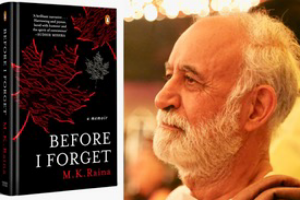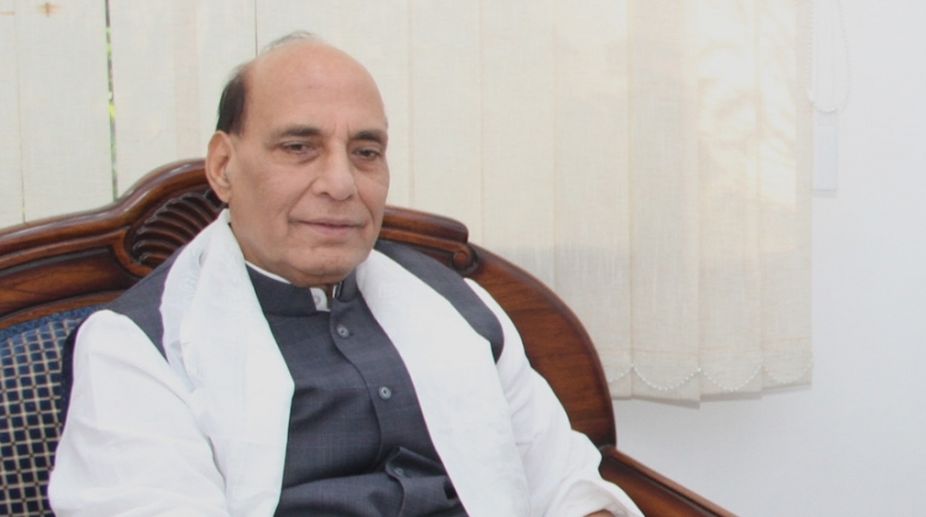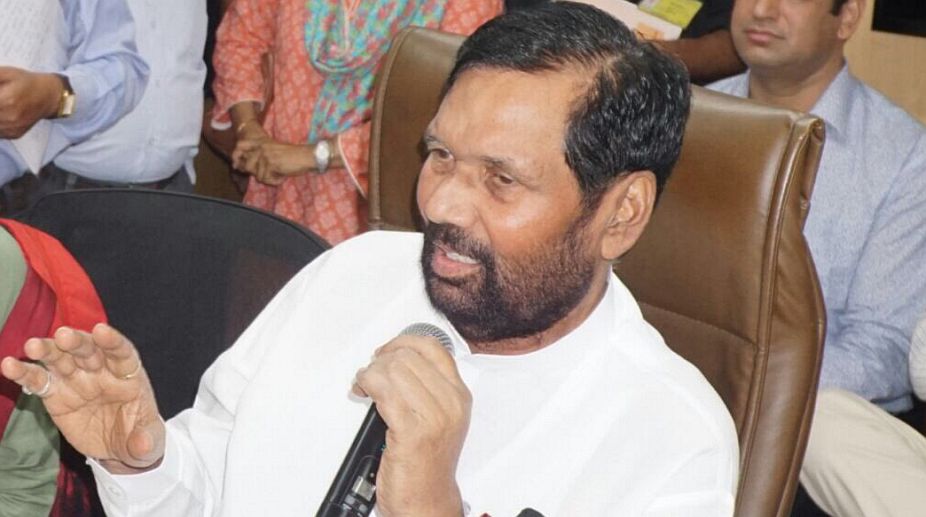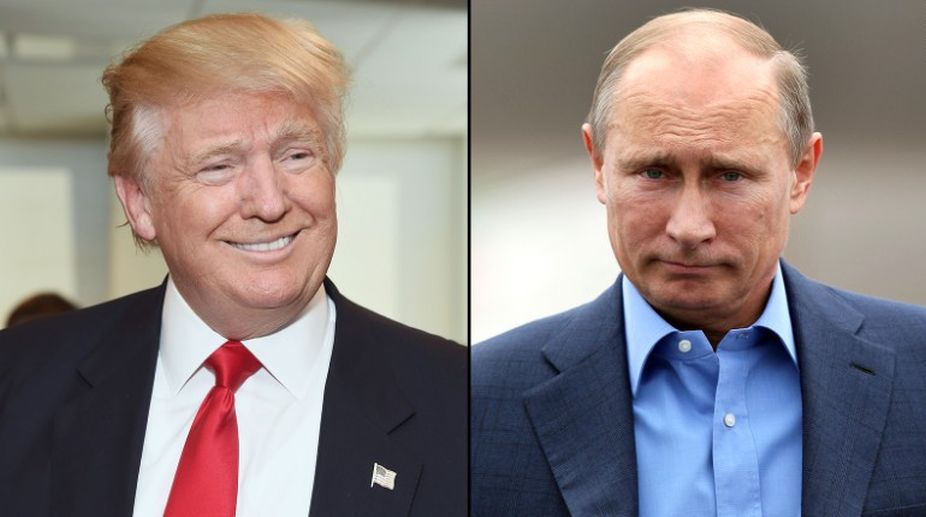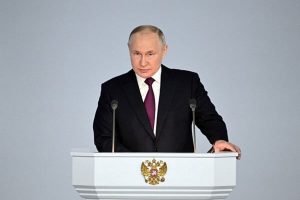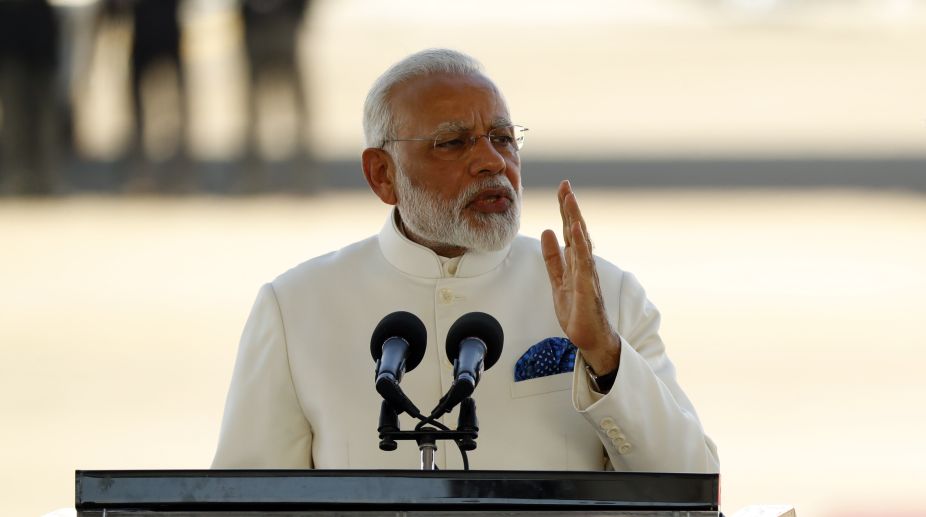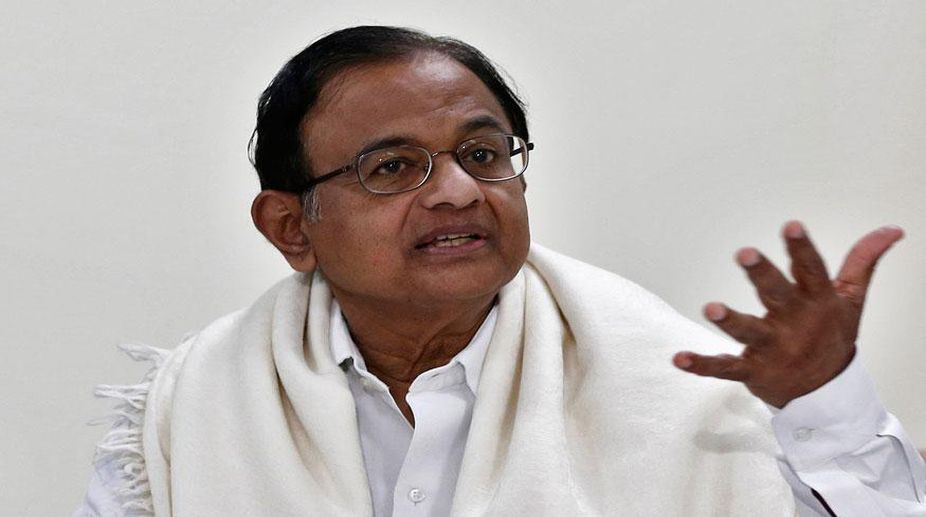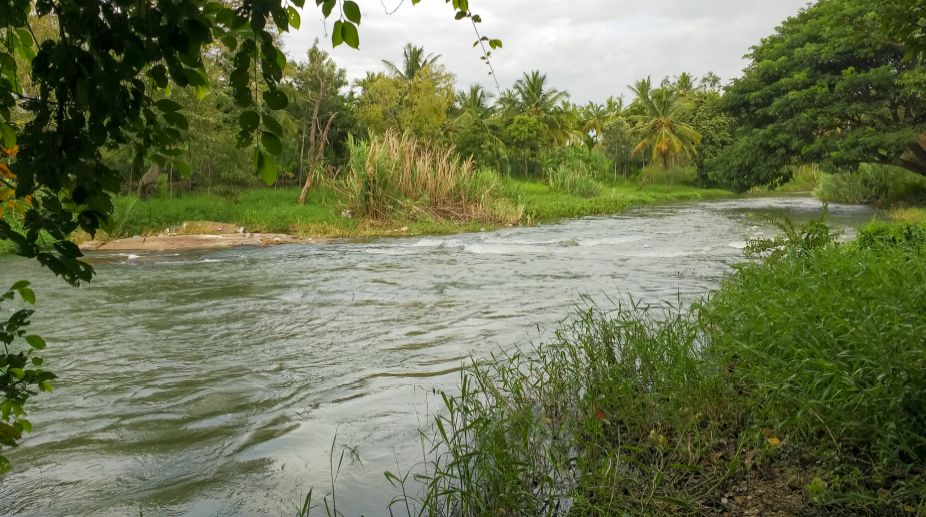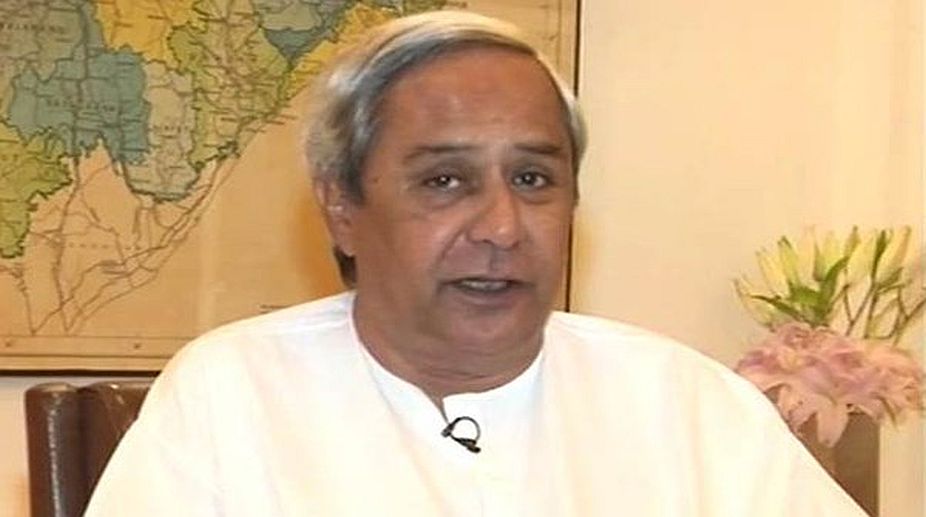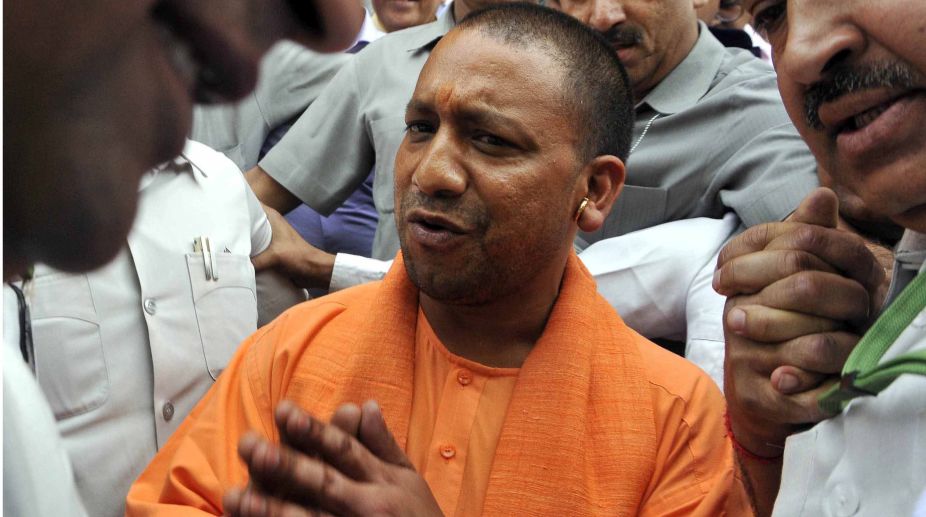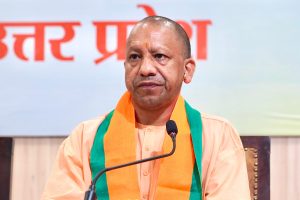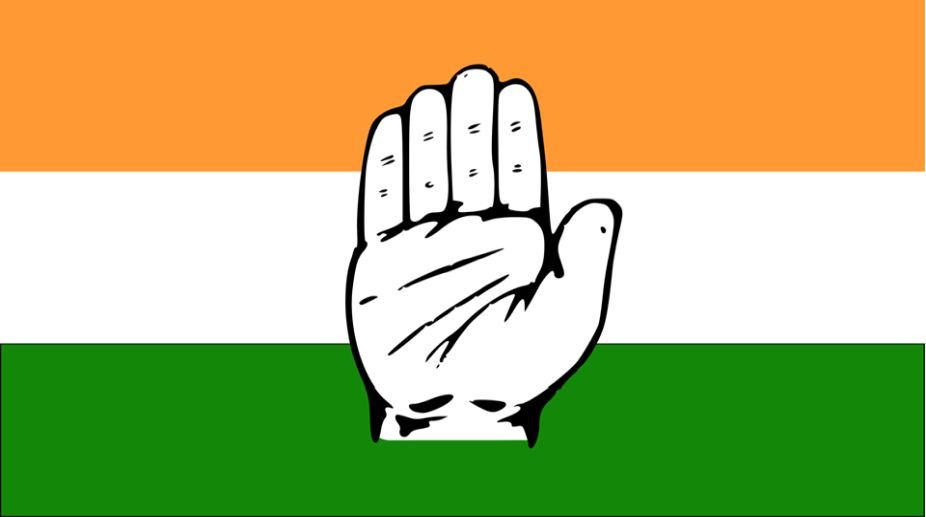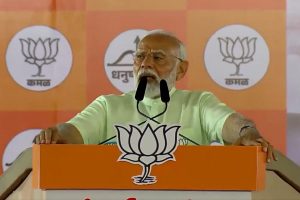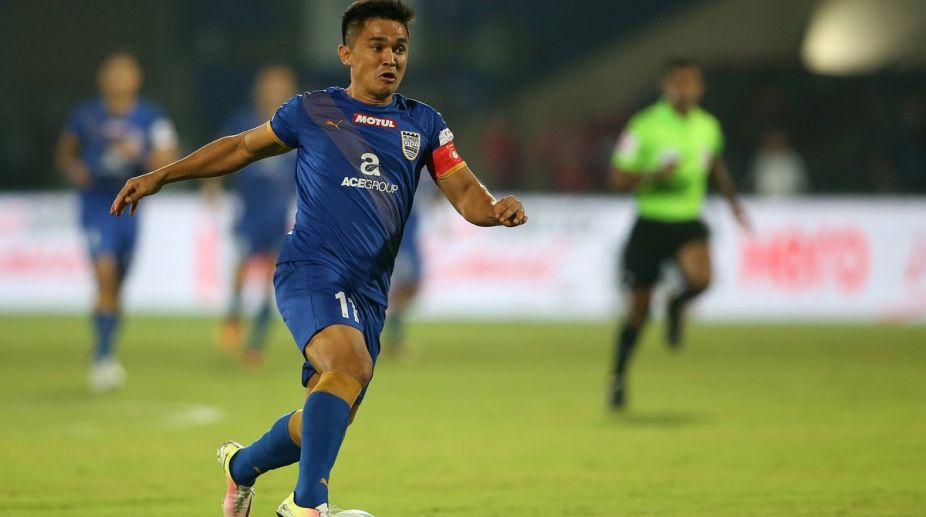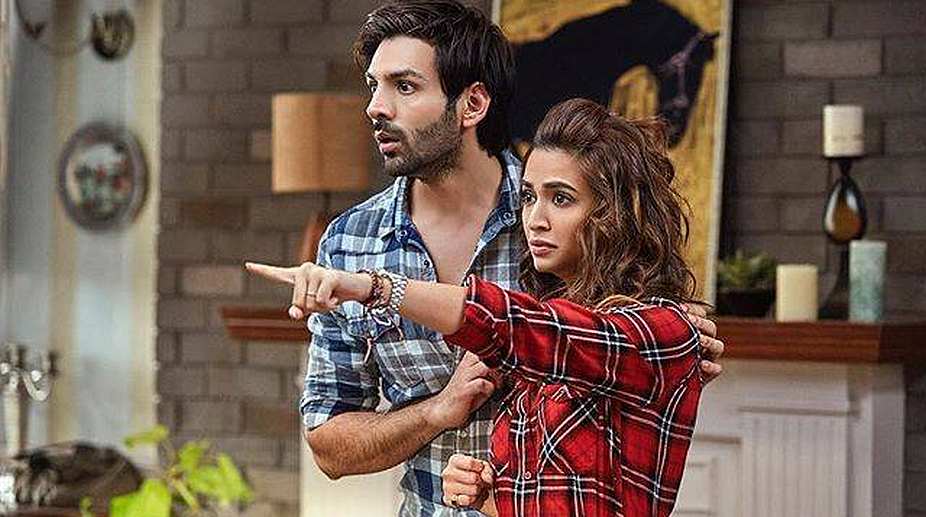The “Truthers” say that the best and quickest way to change your perspectives about the 9/11 event and probably the whole world is watch YouTube videos on the collapse of World Trade Centre 7.
The plea has come against a backdrop that a lot of people, including a vast number of Americans themselves, were not aware that it was the third skyscraper which came down on that day, a few hours after the Twin Towers were completely destroyed.
This year’s anniversary of the historic event can be a lot different from previously. It’s because the “9/11 Truth Movement”, which believes that what panned out before the entire world on that faithful day in September, 2001 was an “inside job”, has been on an unprecedented offensive, buoyed by growing acknowledgement that WTC 7 came down in a very unusual way.
The US political system, which gained much sympathy at previous commemorations of 9/11, could be on the back foot in a few weeks’ time. Surging publicity surrounding WTC 7 and debate on why the steelreinforced building came down in a free-fall motion, like all structures subjected to controlled demolition would, upgraded the 9/11 Truth Movement from a bunch of “conspiracy theorists” who lacked credibility to a group of people who should be taken seriously.
A growing number of scientists, engineers, architects and academics have questioned the US government's official story that Middle Eastern fanatics carried out the worst terrorist attack on American soil. The so-called Truthers are now asking scientific questions, as opposed to what they describes as implausible or impossible theories of the US government's official investigators, who have been more or less backed up by America's mainstream media.
The questions cover the manners of the collapses of the three high-rise buildings, the lack of plane wreckages at the World Trade Center compound, the next-to- zero evidence of crashed commercial planes at the Pentagon and Pennsylvania, the “cartoon physic” of a plane “melting” into one of the Twin Towers and even the touching story of some passengers making phone calls from very high altitudes. “Inside job” videos on YouTube have been increasingly abundant and their numbers of views are climbing.
Most comments have been in favour of the 9/11 Truth Movement, although it's reasonable to argue that most watchers came to support “conspiracy theories” in the first place. What's remarkable is that skepticism or open mockery of the official story has come largely from Americans themselves and not even one Arab-looking doubter appeared in those videos. Proponents and supporters of the official version of what happened may soon have their backs against the wall. Two groups in particular have been pilloried.
The National Commission on Terrorist Attacks Upon the United States, the official investigators, has been ridiculed for failing to mention WTC 7 in its report. The National Institute of Standard and Technology, America's virtual utmost scientific body, has been jeered at for saying that Building 7 came down in a virtual free fall into its own footprint as a result of a office fire. So far, the official story remains the one to believe as far as the majority of the world population is concerned.
The “Truthers”, however, are hoping that the “tipping point” will come one day, though not probably in the near future. They include some who lost loved ones in the attacks. While this year's anniversary could give the US government a hard time, nothing decisive or earth-shattering is expected to happen.
Even those totally convinced that 9/11 was a “false flag” event, something designed to create pretexts for controversial American moves like the war on Iraq, say the stake “is too high” to change the official narrative. In fact, the entire world's status quo is at stake.
If America, the biggest democracy, is found guilty of 9/11, repercussions will rock a much-cherished political system embraced by many countries. The mainstream media, whose reputations have suffered from severe criticism lately, will face even harsher condemnation. World diplomacy and politics at the highest international level will be upended. Some “Truthers” have cited the Kennedy assassination and its consequences as a proof that something is simply “too big to blame”. And while JFK was a president, he was just one man.
9/11 was bigger because it involved thousands of American lives, which makes many “Truthers” believe that “cover up” efforts must be doubled. Yet other “Truthers” are convinced that, because 9/11 concerned thousands of innocent American lives, nothing should be too big to blame, and efforts to “uncover the truth” must be doubled. The latter group of Truthers also pointed out that there was no YouTube in the aftermath of the Kennedy assassination.
They said the biggest oversight of whoever carried out 9/11 was that they did not anticipate what YouTube, which came into existence a few years after the terror, could lead to. It remains to be seen what YouTube will actually lead the 9/11 story to.
Currently, YouTube is showing the world how WTC 7 came down, and allowing viewers to judge for themselves. It also demonstrates in repeated and super-slow motions the gutwrenching collapses of the Twin Towers,which purportedly were penetrated by commercial airplanes hijacked by Arab terrorists.
In addition, YouTube has made it possible for doubters to ask for plane wreckage, bodies and passengers; personnel belongings at the Pentagon and Pennsylvania. All the clips are there.
Some show the actual incidents while others display added graphics or comments that question the official story. Seeds of doubt have been planted, and many neutral viewers admitted they were more “open minded” after watching some of the videos. The best way,though, is watch both sides of the story and go from there.
The writer is Editor-at-large, The Nation. This is a series of columns on global affairs written by top editors and columnists from members of the Asia News Network and published in newspapers and websites across the region.


